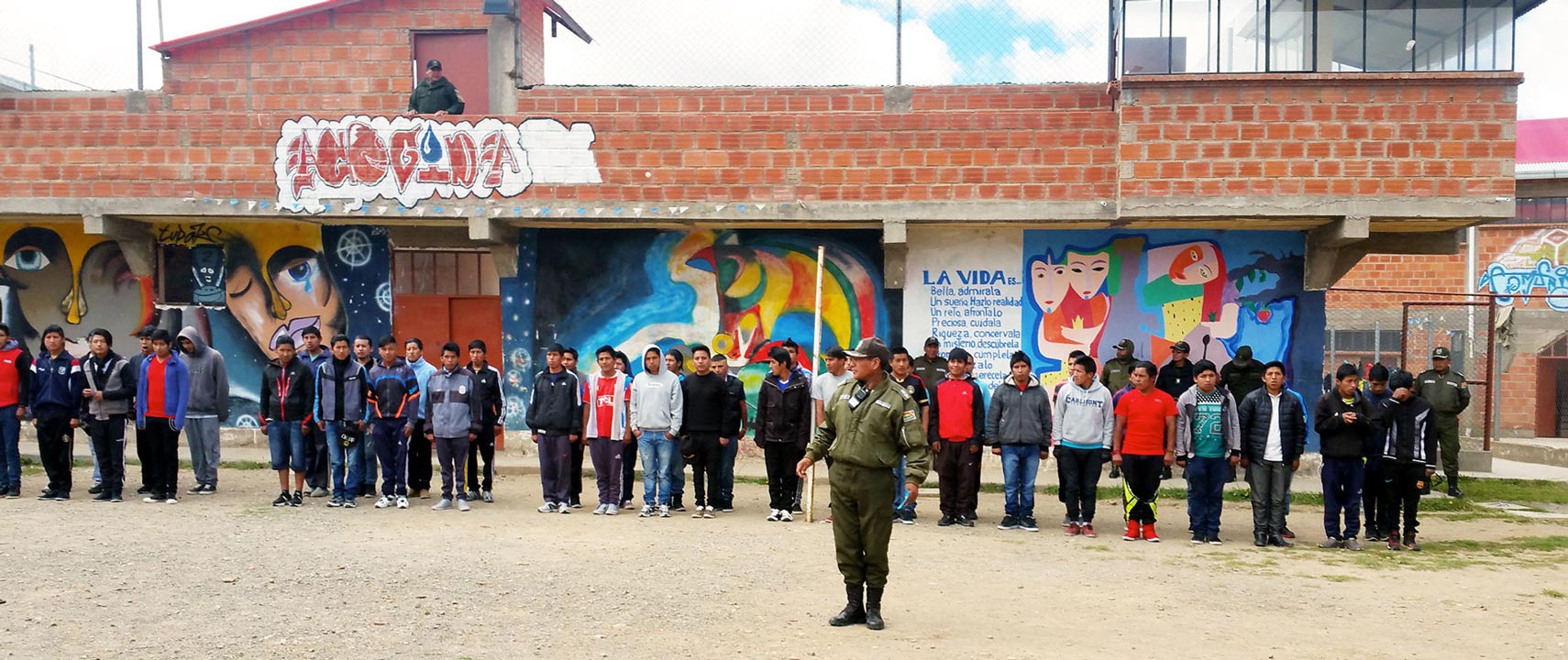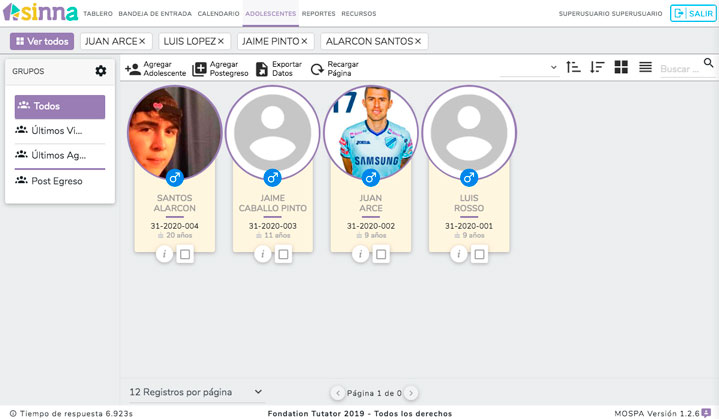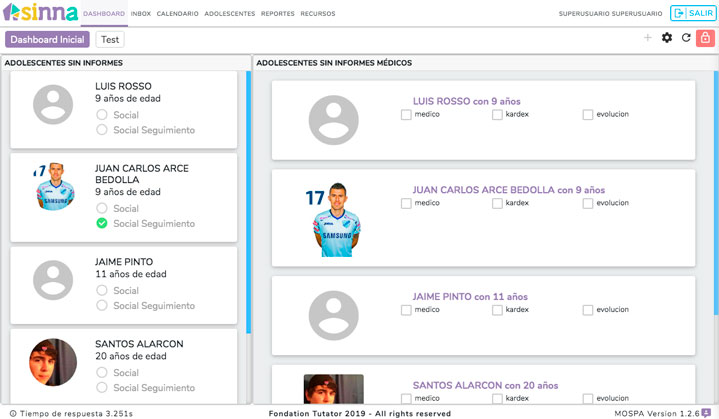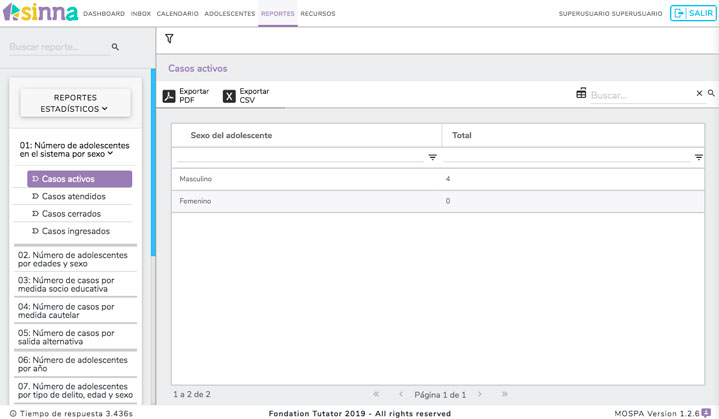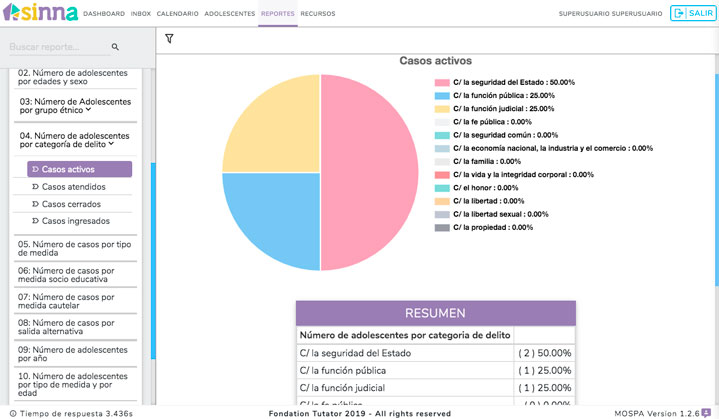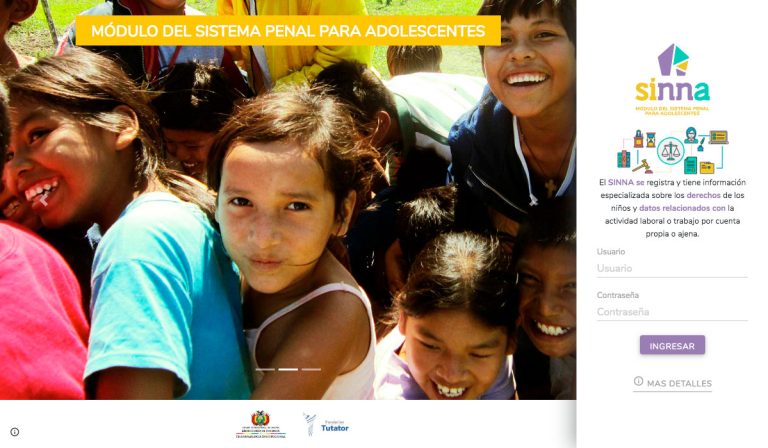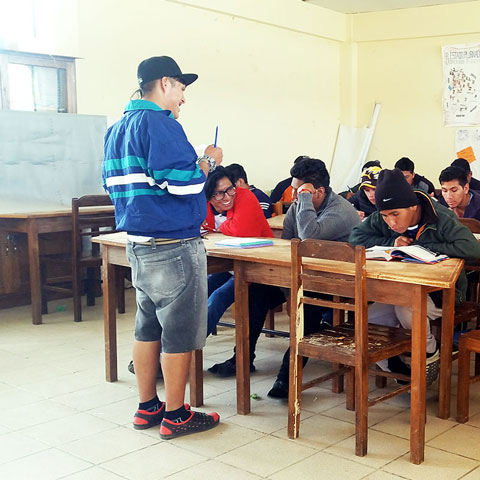
In late 2014 the state of Bolivia adopted a new code for Children's Rights (CNNA – Código de la Niña, Niño y Adolescente). This new law required the state of Bolivia (through the Ministry of Justice) to implement a country-wide information system to track all aspects of children and adolescents’ protection (SINNA – Sistema Información Niña Niñez y Adolescencia). In early 2015 Tutator commissioned a diagnostic of the current Juvenile Justice system in the country to evaluate how the use of new technologies might be able to help implement the new penal code and the SINNA system. The results of the diagnostic were presented to the Bolivian government in La Paz in August 2015 and shortly thereafter Tutator signed an agreement with the Ministry of Justice to start various projects in the country with the aim of implementing the new penal code and developing modules for the SINNA system.
The first phase of the project started in 2016 and focused on the development of three specialized norms to support the implementation of the new penal code:
This development was a collaborative work between the operators of the juvenile justice system in the country, local experts (legal, psychology, social work, education, etc) as well as international experts who provided advice from a doctrinal approach and a with restorative justice perspective throughout the process.
It is important to note that these new norms put a special emphasis on restorative justice and alternative to detention and socio-educative measures for the adolescent in conflict with the law.
This first phase of the project was completed in late 2016, and the new norms were officially approved in early 2017 through a ministerial resolution, given the same legal status as a law in Bolivia.
The next phase of the project focused on developing and deploying a training course for the operators of the juvenile justice system in Bolivia covering Human Rights, Children Rights, the Bolivia penal code for juveniles and the newly approved norms for the application of the juvenile penal code. The goal was to develop a comprehensive online course that would be, for sustainability reasons, administered by the state of Bolivia.
The training was designed by Tutator under the direction of the Ministry of Justice and the National Judicial Training Center (Escuela de Jueces). The first version of the course was launched in late 2017 and at the end of 2019 more than 500 professionals have attended the online training courses.
While Tutator developed the first version of the course, the state of Bolivia has taken over updating the content and is publishing new versions regularly, guaranteeing the sustainability of this virtual course.
This phase of the project was under the umbrella of the Ministry of Justice and run by Tutator which also coordinated efforts with other institutions such as Fundación Construir and ProgettoMondo MLAL, with the support of the European Union and Italian Cooperation.
In early 2017 Tutator started the third phase of the project: the development of the MOSPA module, the case management software for the adolescents in conflict with the law. This phase started by a requirement gathering process which included visits to the detention and alternative to detention centers across the country, mapping of the new norm processes to software processes as well as running workshops with operators of the juvenile justice system (psychologists, social workers, educators, medical staff) in a participative process to standardize the capture of interdisciplinary data.
Once all the requirements were documented and approved by the Ministry of Justice, the development of the MOSPA software started using the Tutator Beneficiary Management Platform as the base.
The overall goals of the software module are to protect the rights of the adolescent in conflict with the law by:
The software was completed and installed on the servers in the data center of the Ministry of Justice in late 2019 and it is expected to go live throughout the country in mid 2020.
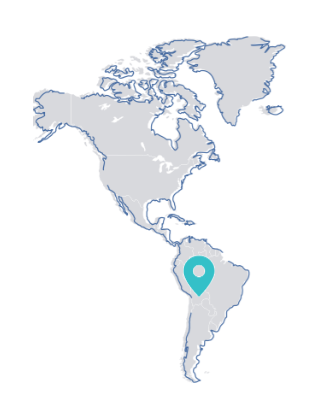
Start testing the experience

The main impact was the operational implementation of the provisions of the Code for Children and Adolescents.
Considering the broad participatory process that was the elaboration of the manuals, a network of experts was built that promoted and continues to support the adequate implementation of the Adolescent Penal System.
This also leads to an increasing specialization of the Adolescent Criminal System in Bolivia, resulting in more specialized work with adolescents in conflict with the law, as well as greater respect for their rights.
Finally, with the MOSPA in place, there will be a tool that will contribute significantly in monitoring the cases of adolescents throughout the country and in formulating policies based on current data, to continue building this system.
As the regulations were new, there was not much knowledge to implement them
Constant staff changes at local and national level.
Lack of computer equipment in Centers for adolescents
Lack of internet connection in some Centers for adolescents.
